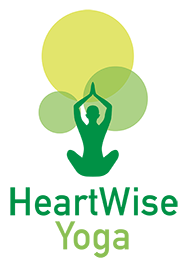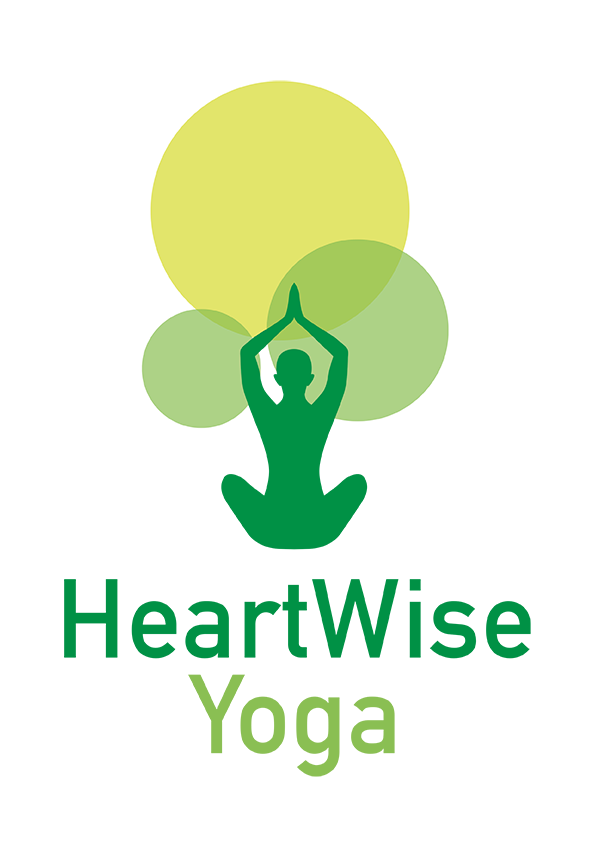Having trouble sleeping, either falling asleep or waking up in the middle of the night, is unfortunately very common. It isn’t so much a matter of how many hours of sleep you get (and in that respect we each have different needs) but rather how well you sleep.
I tend to have a pretty agitated sleep and issues falling asleep, which often makes it hard for me to feel totally rested in the morning. Over the years, I have experimented and tried a few techniques and some really helped me.

Evening rituals
Similar to mornings (see my earlier post on morning routines), at night our system reacts best to regularity. Routines around calming our body and mind at night are particularly powerful because this is the time where we need to transition from the sympathetic nervous system to the parasympathetic nervous system. By helping switch to the latter, we say to our system: “Now, it’s time to rest and digest (literally and what we’ve experienced during the day).” But how to do that? Here are a few of my favorite techniques. Don’t try all of them at once, that will be too overwhelming!
Un-plug
Looking at a computer screen when the sunlight is gone can stimulate the brain activity a great deal. Even though you might feel tired, part of your brain remains agitated and you’ll very likely have troubles sleeping. One of my most effective tricks for falling asleep is to avoid computer screens, particularly emails, MS office or programming type of activities, at least 2 hours before estimated bedtime. Try that for a few days, and you will most likely experience big changes.
Moreover, try to avoid stimulating phone calls just before going to bed and turn off your phone and your WiFi at night. Evidence shows their detrimental effect at night (and I personally experience that my sleep is more disturbed if the WiFi and/or the cell phone stays on ).
Herbal teas and no caffeine past mid afternoon
Stop drinking caffeinated drinks past 2 or 3 pm, and make it a habit to prepare a herbal tea before going to bed. Chamomile, lavender, and Valerian are good herbs that help wind down.
Try to skip coffee completely one or two days a week… Or during the weekend. Just try and notice the effects.
Read and listen
Relaxing music, such as classical piano and generally soft, instrumental music, also affects and relaxes your brain. Avoid a music you would spontaneously want to dance on.
Another helpful technique is to read a few pages until you feel your eyes naturally want to close. It’s probably best not to read your favorite thriller just before bedtime 🙂
If you keep a journal, before bedtime is a nice time to write and reflect on your day, set your intentions, etc.
If you do watch a movie, make sure you have some time to properly wind down with one or two of the other techniques before bed.
Foot bath
Take a warm foot bath with some Epson salt and why not your favorite essential oil for 5-10 min. Even if you just do that once or twice a week, you’ll quickly feel its grounding and relaxing effect. Through your pores, Epson salt will nurture your body with minerals and help you calm down.
Restorative poses and breathing exercises
Yoga poses can be very effective in winding your system down and grounding, especially poses where your hips are more elevated than your head. Remember (from my earlier post), you don’t need to be a super flexible star or a lot of time to do yoga. Yet, as every form of self-care, it takes commitment. My go-to poses before bed are legs up the wall (easy) and Halasana (slightly more advanced).
For legs-up-the-wall pose (more instructions here), 1) simply plan 5-10 min, 2) place a small pillow against the wall (you can fold it, so that it is about the size of your pelvis), 3) laying on your side, put your butt against the wall in top of the pillow, and rotate so that your now extend your legs up the wall and face the ceiling. If your hamstrings (back legs muscles) are tight, move your butt slightly away from the wall. 4) Adjust your pillow below your lower back and not your butt such that you get the natural curve in the lower back. 5) Breathe, Relax, Enjoy.
Halasana is a slightly more advanced pose, so I only recommend it if you already tried it in class and feel at ease doing it (instructions).
The idea behind doing those poses is to stimulate the glands that help us relax and calm our nervous system.
Breathing exercises, or pranayama, also have the power to induce the parasympathetic system to “work.” The easiest one is to simply lay down in bed before sleep, or sit on your meditation cushion, and count on 4 on your inhale, and count 6 or 8 on your inhale. See also my earlier post on simple meditation practices.
Recently I came across this blog post, quite exhaustive, and including some valuable techniques for relaxation.
Day activities that increase sleep
Physical exercise
Naturally, if your body is tired because of physical exercise, you’ll be more likely to sleep. However, for some people, physical training at night can actually make it harder for them to fall asleep. This is simply because sports not only make us tired, they also often energize us! This is why it’s often best to do sports during the day or at least to make sure you do a winding down practice (that might also be 10-15 min of stretching) afterwards.
Mindful eating
Beyond caffeine, some foods will make sleep more difficult either because they are stimulating or hard to digest. Based on my experience, I recommend avoiding garlic, spicy foods, red meats, sugar and also (too much) alcohol in the evenings. We each have a different constitutions, so know yourself and make the decisions that fit your body and needs. Important too is to avoid overeating, especially not at night. Take your biggest meal at breakfast or lunch. See also my recently published post on eating awareness…
“The world rests in the night. Trees, mountains, fields, and faces are released from the prison of shape and the burden of exposure. Each thing creeps back into its own nature within the shelter of the dark. Darkness is the ancient womb. Nighttime is womb- time. Our souls come out to play. The darkness absolves everything; the struggle for identity and impression falls away. We rest in the night.”
– John O’ Donohue, Anam Cara :a Book of Celtic Wisdom
Sweet dreams!
Cédric


